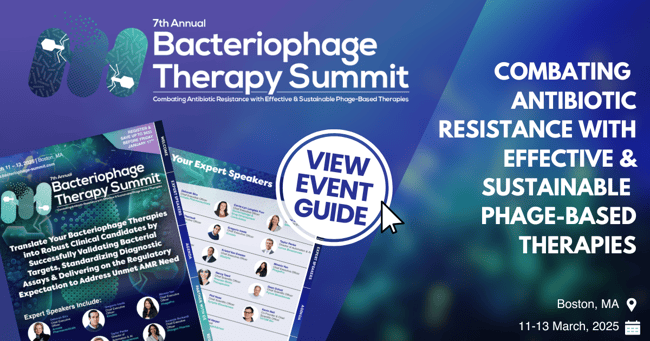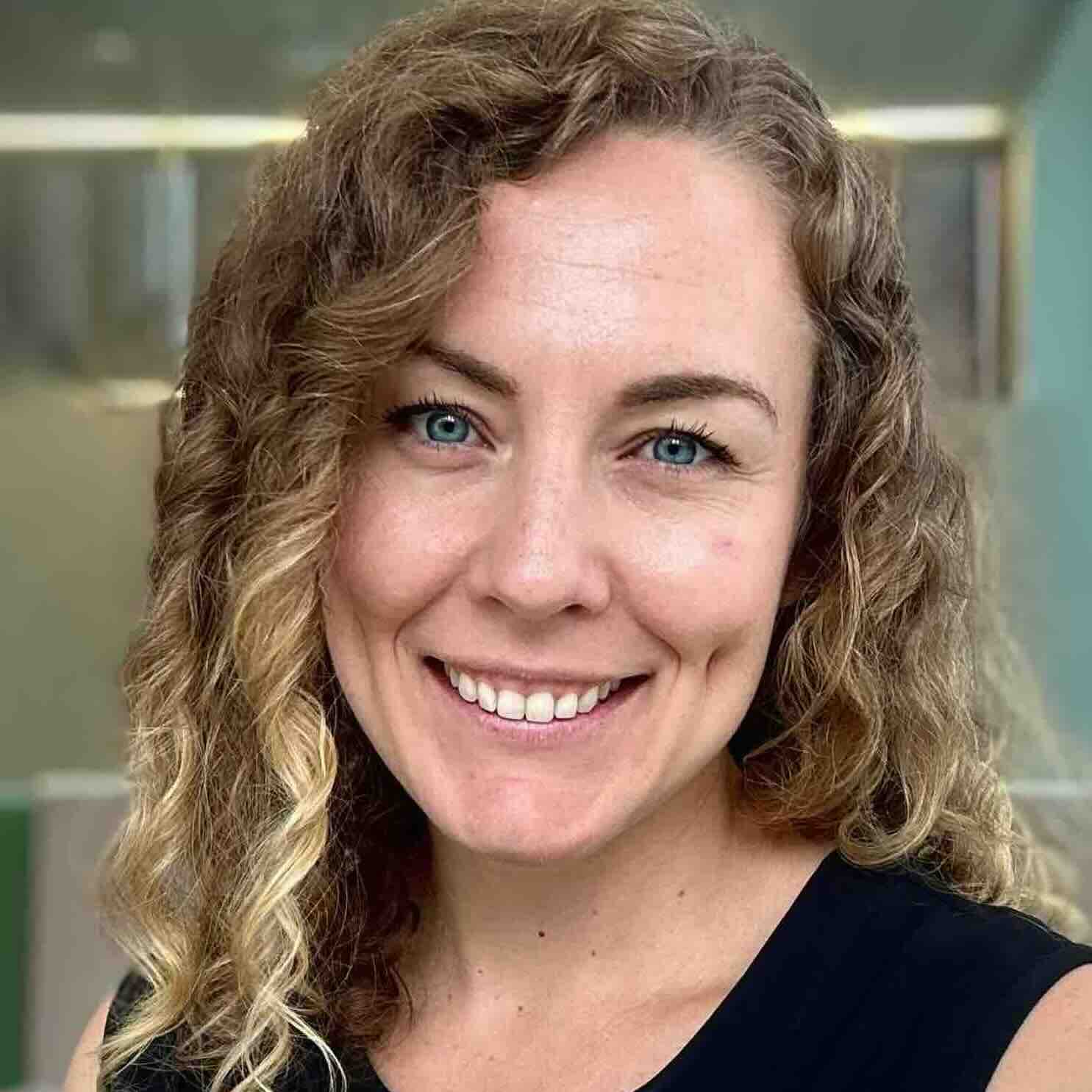Hi everyone,
Time flies, doesn’t it? I still remember writing the outlook letter in 2024. We were still in Australia, still thinking about our big move to SF. Researching how to move our adopted kitty Mivi across the pond. A year later we feel like we’ve lived in this city for decades. Oh how time flies!
For 2025, Phage Directory (and Capsid & Tail) will largely be the same. Capsid will still be covering phage news, jobs, and events (please send your jobs and conferences to us!).
For this year, I’m eager to cover more papers in the intersection of machine learning, biology, and phage, as both Jessica and I believe that phage therapy research will continue to drift towards becoming more data-driven and computational. While I will cover more ML/bio papers, Jessica is planning on releasing many more Podovirus podcast episodes.
(If you’d like to be a guest on the podcast, email us!)
As for guest posts, we’ll have an upcoming post by:
- Silvia Würstle, on how she got her new lab set up as a PI, her tips and tricks, and what she learned;
- A podcast interview with Ross Rheingans-Yoo, a biotech investor who thinks phages are actually very interesting, and who’s on a mission to make clinical trials cheaper;
- A recap of my interview with Sandro Sulakvelidze from Intralytix, on how he spent the last 26 years building a long-lasting phage company, and how Intralytix is about to get results on its phage therapy challenge trials (heathy human patients infected on purpose with Shigella, then treated with phages, here in the US!)
One of the biggest goals this year is to add more resources — like tools, guides, databases, etc. — to help phage labs get more computational. I’ve been playing around with adding more resources like bioinformatics and ML, but I’ll make an attempt to double down on it this year. We have some ideas, but we’d love to hear from you.
As part of this shift, we’re taking Phage Directory back to its roots — as a scientific resource and community for phage therapy researchers. I’m also hoping to add some tools to make it easier to search for phages, bacteria, and phage papers. Stay tuned!
The biggest delight of 2025 is how the phage conference circuit is absolutely tingling with options, from the International Symposium on Phage Therapy in Portugal, hosted by Joana Azeredo and her team, to the Biennial Phage/Virus Assembly Meeting in Cape Cod, to the IAS-USA Conference on Bacteriophages in DC, run by Graham Hatfull, Chip Schooley, Paul Bollyky, and others.
And of course… drum roll… the return of the Evergreen Phage Meeting! This time in Knoxville, Tennessee.
Evergreen’s website isn’t ready for signups yet (I’m still squashing bugs and we’re finalizing some details, but I see all of you who figured out the link and are signing up anyway. You’re the true fans. I see you!)
Again, we’re super excited for 2025. There’s so many conferences, and so little time.
My prediction for 2025: by the end of 2025, at least 10 phage labs (that have never previously touched machine learning) will build and train a useful model based on their data.
Jessica’s prediction for 2025: We’ll see an array of phage therapy centers popping up, especially across Asia (China, Singapore, Nepal, etc) but also in Europe and potentially South America (Uruguay is already almost there!). Clinical trials on phage therapy will start springing up especially in China, and they’ll move fast. We’ll see multiple started and completed phase 2 phage clinical trials by end of 2025. At least one will show efficacy!
To phages and beyond!
~ Jan & Jessica <>-{








